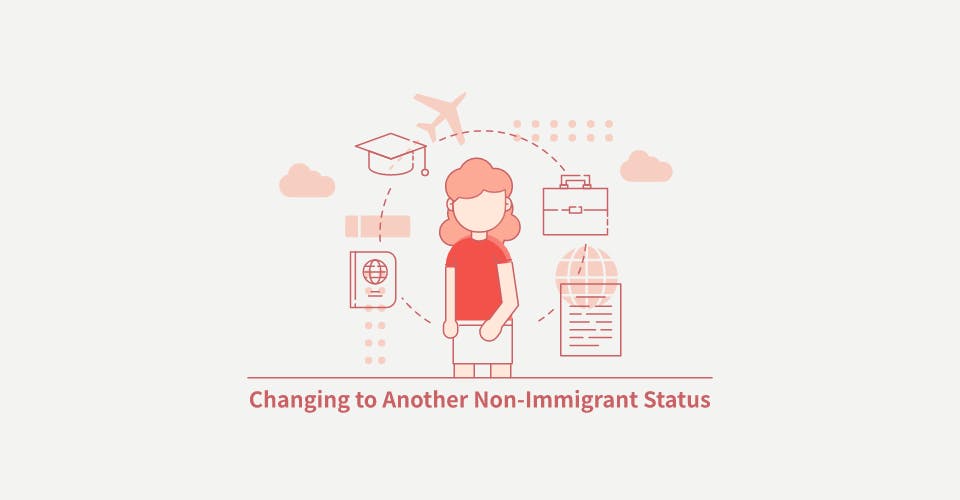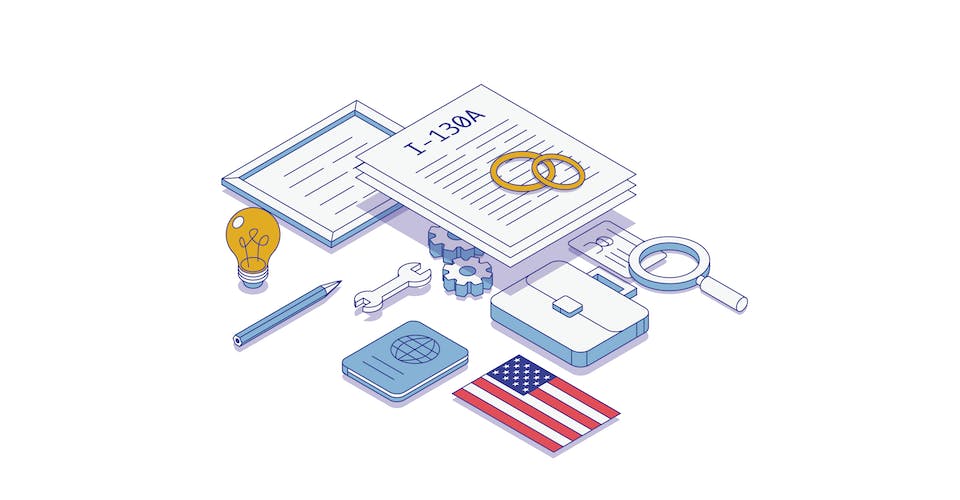As we have seen with the reports on immigrants who have become legal permanent residents (LPRs) in the U.S., the number has a somewhat significant range over the period from 1999-2018 (According to Migration Policy Institute). For example, from the same period, there is a fluctuation greater than 70,000 for Mexican immigrants who have obtained LPR status in that time frame. In other words, some years have many more accepted LPRs, and thus applications, and some years the result is much lower. This in part plays into the abilities of applicants to submit all of their materials on time, to not have any omissions on their applications, and also to not be inadmissible for other reasons.
We have previously covered inadmissibility while discussing the criteria needed for I-130 Forms, as well as Adjustments of Status, I-485 applications. In general, inadmissibility covers a wide range of factors, but to narrow it down and for the purpose of simplification, here are the most common criteria where inadmissibility is a case and point:
- An applicant has violated the terms of their application, essentially abandoning it, by traveling internationally during their processing time
- An applicant has been proven to have a substance abuse problem
- An applicant has committed a crime while the USCIS is still making a decision on their application, which ends in having their case rejected
- An applicant has lied about family relations or has faked their marriage for the purpose of immigration benefits
In addition, an applicant can also be inadmissible based on the category that is known as “Public Charge”. Public charge essentially means that an applicant is considered to become a liability and expense for the government through an increased need for assistance, or subsistence. The basis for determining who is, and who isn’t a public charge means looking at whether someone will need assistance “for more than 12 months within any 36 year period”. The rule is somewhat confusing but is meant for the USCIS to weed out applicants who might be such a burden on public infrastructure and increased needs.
Here are some of the categories that are used by USCIS officials in determining whether someone will be a public charge or not:
- Age
- Health
- Family status
- Education and skillset
- Assets, resources available, and financial status
- Prospective immigration status
Adjudicating officers, when making their decision, must weigh the positive and negative factors in someone’s case. For example, an older applicant who is financially stable evens out, theoretically. An immigrant who has advanced education and many job prospects within a certain sector, such as in the IT sector, but has little family connections, might also even out. Each case is different.
For more information on understanding if you, or your loved one, might be a public charge when filing with the USCIS, please visit their website, and link, here.














